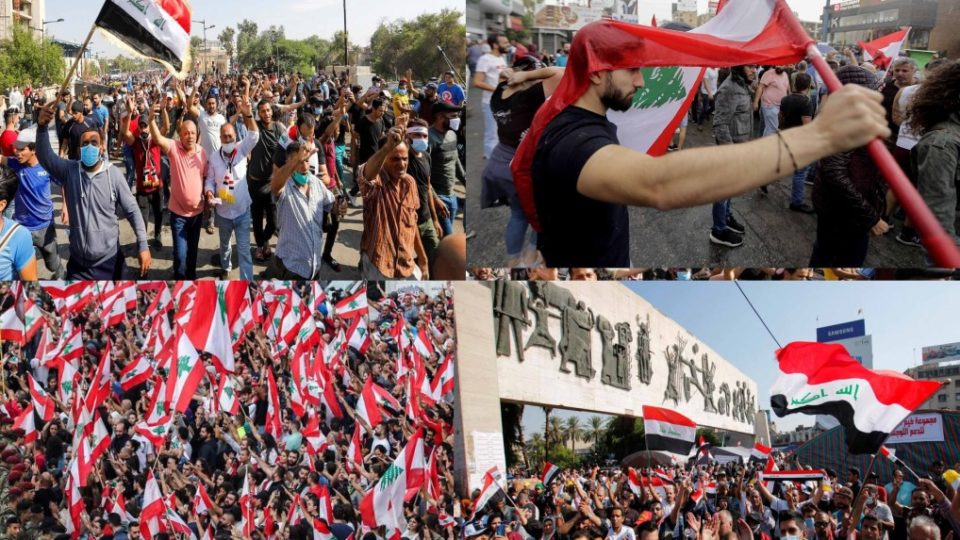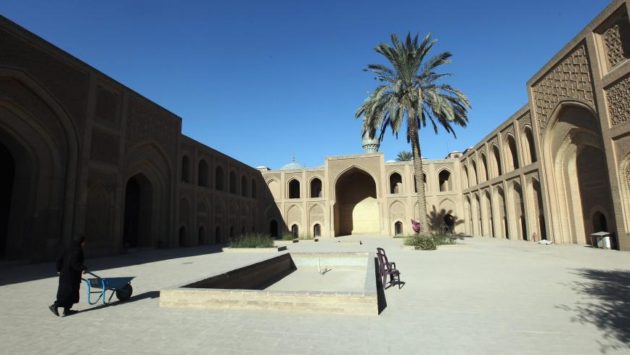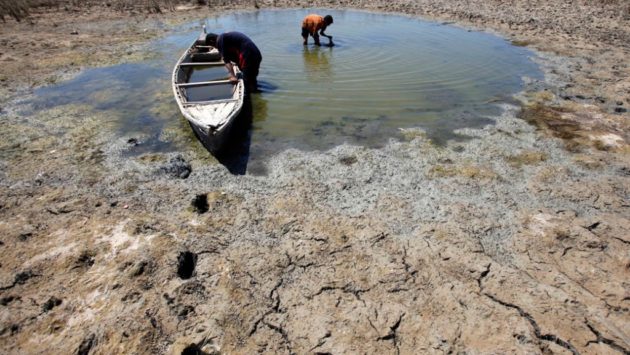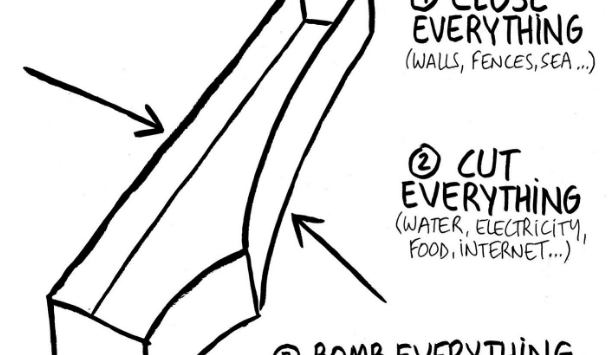What Does It Mean to Continue Demonstrations?
Iraq and Lebanon have political diversity that distinguishes them from many Arab countries. What makes that diversity special is that it is connected to fragile or formal democracies, and to elections that do not bring any real changes in the shape or substance of the state in both countries. Over the years, this has led to the redistribution of government posts among leaders and representatives of the parties in power, especially those which have armed militias supported by Iran.
The so-called democracy, elections and rotation of officials, especially the position of the prime minister, are no longer enough to satisfy the peoples of Iraq and Lebanon. They do not convince the citizens that a real change has happened to overcome the financial, political and administrative corruption that burdened the two countries.
What makes it worse in Iraq and Lebanon is that the people of the two countries demand the governing political class to reform itself! Whilst the governing parties and politicians are the main beneficiaries of the current corrupted regime, therefore the reforms that the protesters call for would undoubtedly harm their interests. There may be a handful of politicians who are willing to renounce their personal and partisan interests for the sake of their country, except that they seem to be a minority that cannot be relied on to make things right.
Almost a year and a half has passed since the outbreak of demonstrations in both Iraq and Lebanon calling for substantial reforms and changing the status quo; from two countries that are fully controlled by leaders of religious groups, sectarian and party-influenced militias, and Iranian and international interventions, to real sovereign states which are immune against corruption and exploitation from the neighboring countries and are able to provide citizens with decent life.
Although both Iraq and Lebanon had many protest movements in the previous years, but the protests that emerged in October 2019 were different in terms of continuity and clarity of its attitudes. They coincided with failure of the political regimes that tried to deceive their peoples and cover their failure in the state administration by changing the governing officials and promise of early elections. However, the people crave for more, they want dignity, they want a homeland, safety, security, job opportunities and decent quality of life for their citizens.
The current financial crisis that hit Lebanon threatens to crush the middle class in full and increase the severity of poverty in the country. Statistics show that 55% of the Lebanese people live below the poverty line. As for the financial crisis in Iraq, it led to inability to pay the salaries of millions of the public employees, whilst youth unemployment in Iraq is among the highest in the Middle East.
Another common issue between Iraq and Lebanon is the external factor, especially the Iranian influence, which has tremendous effect on the development of events in both countries. Iran by far controls the majority of Iraqi politicians. It supports various parties and militias to become the most powerful player on ground. At the same time, there is a strong public aversion to Iran and the armed militias loyal to it, and there is a big disappointment of the retreating role of USA and disapproval of its role in creating a new political regime based on sectarian quota system.
Regarding Lebanon, Hezbollah publicly declares its loyalty to Tehran, whereas the USA continues to increase its sanctions on the country with no regard to supporting the people who suffers from the ramifications of the sanctions.
The sorrows of the Iraqi and Lebanese people come from their belief that their countries are eligible to be among the best spots on earth if it weren’t for the corrupted governing classes in both countries. Therefore, hopes are still evident in the protests, being the only solution in both countries, far from external support which stands back or got tired of dealing with the intractable problems that Iraq and Lebanon suffer from.




